Welcome back to the Neuroscience Meets Social and Emotional Learning podcast, episode #88 with Dr. Andrew Newberg, M.D[i]. an American neuroscientist who is the Director of Research at the Marcus Institute of Integrative Health at Thomas Jefferson University Hospital,[1] and the author of ten books (translated into 6 languages), and over 200 articles on neuroimaging in neuropsychiatric disorders and also on neuroscience and religion.
Watch the interview on YouTube here.
I’m thrilled to have this opportunity to speak with Andrew, as he has been exploring the topic of neurotheology, which addresses the relationship between the brain and religious experiences, since his teenage years.
Andrew is the co-author of the bestselling book, How God Changes Your Brain[ii] (2009) which was chosen by Oprah for her book club that same year[iii] and Why God Won’t Go Away: Brain Science and the Biology of Belief (2001)[iv] which both explore the relationship between neuroscience and spiritual experience. He has also co-authored Words Can Change Your Brain (2013)[v] Why We Believe What We Believe: Uncovering our Biological Need for Meaning, Spirituality and Truth (2008)[vi] and The Mystical Mind: Probing the Biology of Belief (1999). The latter book received the 2000 award for Outstanding Books in Theology and the Natural Sciences presented by the Center for Theology and the Natural Sciences[vii] which is an organization that focuses on building bridges between theology and science.
I’ve got some powerful, insightful, thought provoking questions for Andy, and I know you will find this topic interesting, especially with his ability to share his insights and years of research, from the point of view of pure science.
My name is Andrea Samadi, and if you are new here, I’m a former educator who created this podcast to bring the most current neuroscience research, along with high performing experts who have risen to the top of their field, with specific strategies or ideas that you can implement immediately, whether you are an educator, or in the corporate space, to take your results to the next level. If we want to improve our social, emotional and cognitive abilities, it all starts with an understanding of our brain.
Welcome Andy and thank you so much for sharing your knowledge of this fascinating topic on the podcast today.
For anyone who knows your schedule, this is a rare opportunity, and I’m grateful for Mark Waldman[viii] for connecting us after the webinar you did last week where you addressed many powerful and mind-boggling questions that connect theology and neuroscience that I know will benefit those who listen to this podcast in different part of the world.
Q1: Andy, I have had so much interest in this podcast, even before we had booked our time to speak today. I just put up a graphic with your book cover “How God Changes Your Brain” and the messages started coming in on all social media accounts. Then I quoted something you say in the book “the more you think about God, the more you alter the neural circuitry of in specific parts of the brain”…and then you say with the utmost confidence that “God can change your brain.” (Andrew Newberg M.D. and Mark Robert Waldman, How God Changes Your Brain).
Can we begin here? Where did your interest in religion and the human brain begin? What is Neurotheology? What does neuroscience say about whether there is a God or not?
Q2: I have to ask it. I grew up going to church every Sunday, (Presbyterian), read and studied the Bible, and really do believe in the 10 Commandments but I still don’t really know how I would explain God, other than the fact that I just believe he exists and I do feel more connected to God/spirit when I’m in nature. I know that you have scanned the brains of Franciscan nuns and charted the neurological changes that happen in the brain. What is God? Is God the same as consciousness? What does your research show about religion and the human brain? Is there a certain area you would look at that connects my religious beliefs to my brain?
Q3: You covered this on the training you did for Mark Waldman’s group last week, but I think it’s so important to talk about today. It’s about the power of intercessory prayer (praying on behalf of others). It’s a component of the Dr. Daniel Siegel’s “Wheel of Awareness[ix]” Meditation where we are asked to focus on those who we are close to and send loving/kindness to those in our communities, cities, state, country and expanding to the world. What does your research say about praying for someone far away? Is it possible to measure one person who might not put the focused attention towards the person they are praying for verses someone else who focuses with intent, loving, and kindness? Can prayer really impact those close or far from us?
Q4: You mentioned on that call you did last week, that you did a brain scan, an MRI, where they measured your brain, and your memory, by asking you to remember 10 words. This caught my attention, because I just had my brain scanned using a SPECT SCAN and, the results showed I scored low (1/10) on recall memory which I feel was accurate. For the life I me, I couldn’t remember random words during the test. But I can remember things word for word, from over 30 years ago (conversations with people, or speeches from 12 years ago). From the brain scans that you have done, what are some strategies that you have seen for people like me, looking to improve memory recall? How did YOU do on that MRI test? What other techniques have you seen people use to improve their memory?
Q5: I just finished watching Dr. David Perlmutter’s Alzheimer’s, the Science of Prevention Series[x] that focuses on the staple things we should all be doing to prevent this debilitating disease that has he mentions no known or meaningful cure. We all know that sleep, diet and exercise and important for protecting the aging brain, but what else have you found to be an important practice to preserve our brain health? What do you do?
Q6: We’ve covered belief or paradigms on this podcast, with different episodes and speakers. What do you think from your experience working with the brain? What are beliefs, how do they form, where are they stored, and how can we change old/outdated beliefs?
Q7: In closing, is there anything that’s important to this topic, that we haven’t discussed today?
RESOURCES:
The Principles of Neurotheology by Andrew Newberg, M.D. http://www.andrewnewberg.com/books/principles-of-neurotheology
Kirtan Kriya Meditation https://www.youtube.com/watch?v=jfKEAiwrgeY
REFERENCES:
[ii] How God Changes Your Brain: Breakthrough Findings from a Leading Neuroscientist, Andrew Newberg, M.D. and Mark Robert Waldman (March 20, 2009) https://www.amazon.com/dp/B001Y35GDS/ref=dp-kindle-redirect?_encoding=UTF8&btkr=1
[iii] Oprah’s Book Club http://www.oprah.com/book/How-God-Changes-Your-Brain-by-Andrew-Newberg-MD-and-Mark-Waldman?editors_pick_id=35314
[iv] Why God Won’t Go Away: Brain Science and the Biology of Belief by Andrew Newberg M.D., Eugene D’Aquili, and Vince Rause (2001) https://www.amazon.com/Why-God-Wont-Go-Away-ebook/dp/B001NJUP7U/ref=sr_1_1?dchild=1&keywords=why+god+wont+go+away&qid=1601599952&sr=8-1
[v] Words Can Change Your Brain: 12 Conversation Strategies to Build Trust, Resolve Conflict, and Increase Intimacy by Andrew Newberg M.D. and Mark Robert Waldman https://www.amazon.com/Words-Can-Change-Your-Brain-ebook/dp/B0074VTHMA/ref=sr_1_1?crid=21MDUEAMV1M7U&dchild=1&keywords=words+can+change+your+brain&qid=1601600126&s=digital-text&sprefix=words+can+chan%2Cdigital-text%2C191&sr=1-1
[vi] Why We Believe What We Believe: Uncovering Our Biological Need for Meaning, Spirituality and Truth by Andrew Newberg M.D. https://www.amazon.com/Why-Believe-What-Uncovering-Spirituality/dp/0743274970/ref=sr_1_1?dchild=1&keywords=why+we+believe+what+we+believe+newberg&qid=1601600285&s=digital-text&sr=1-1-catcorr
[vii] Center for Theology and Natural Sciences https://www.ctns.org/
[viii] Neuroscience Meets SEL Podcast EPISODE #30 with Mark Robert Waldman on “12 Brain-Based Experiential Learning and Living Practices” https://www.achieveit360.com/neuroscience-researcher-mark-robert-waldman-on-12-brain-based-experiential-learning-and-living-principles/
[ix] Dan Siegel’s Wheel of Awareness Meditation https://www.drdansiegel.com/resources/wheel_of_awareness/
[x] Alzheimer’s: The Science of Prevention Series with Dr. David Perlmutter https://scienceofprevention.com/
Podcast: Play in new window | Download
Subscribe: Apple Podcasts | RSS
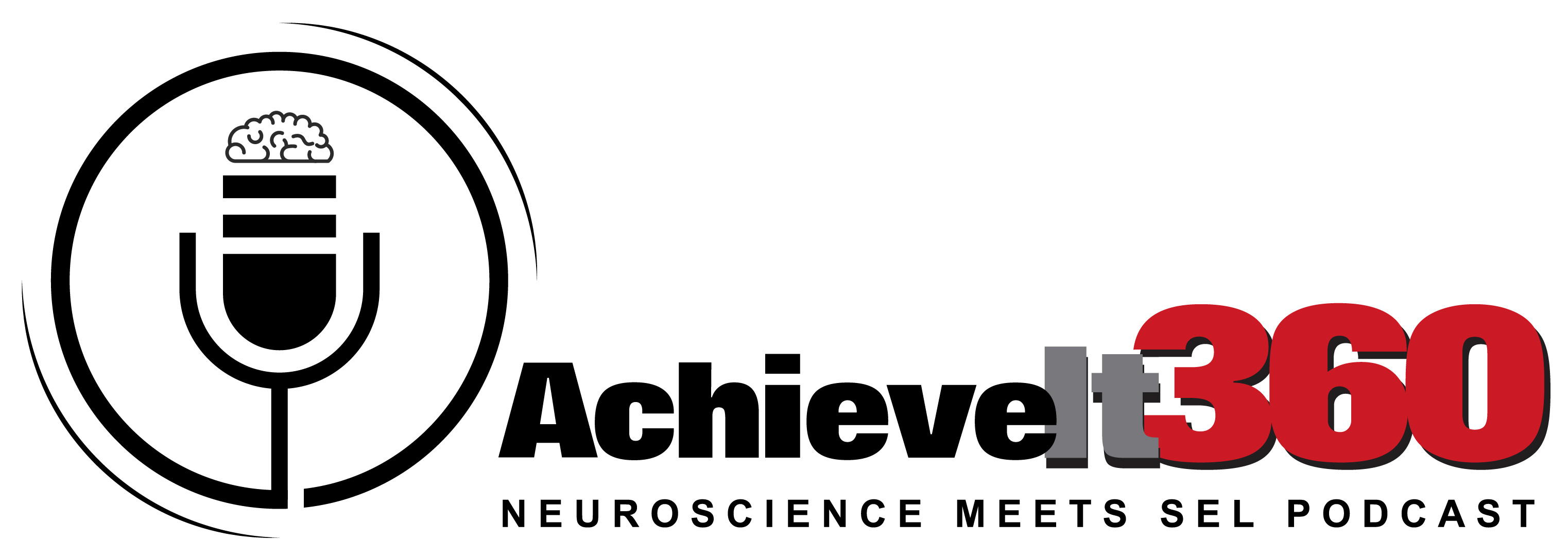




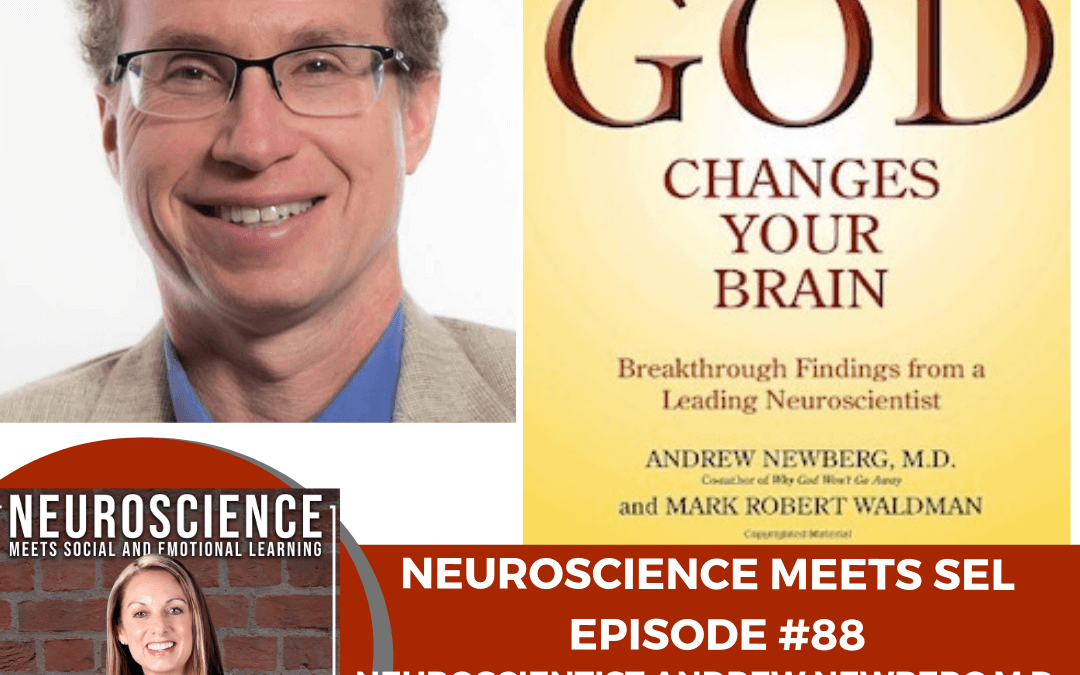
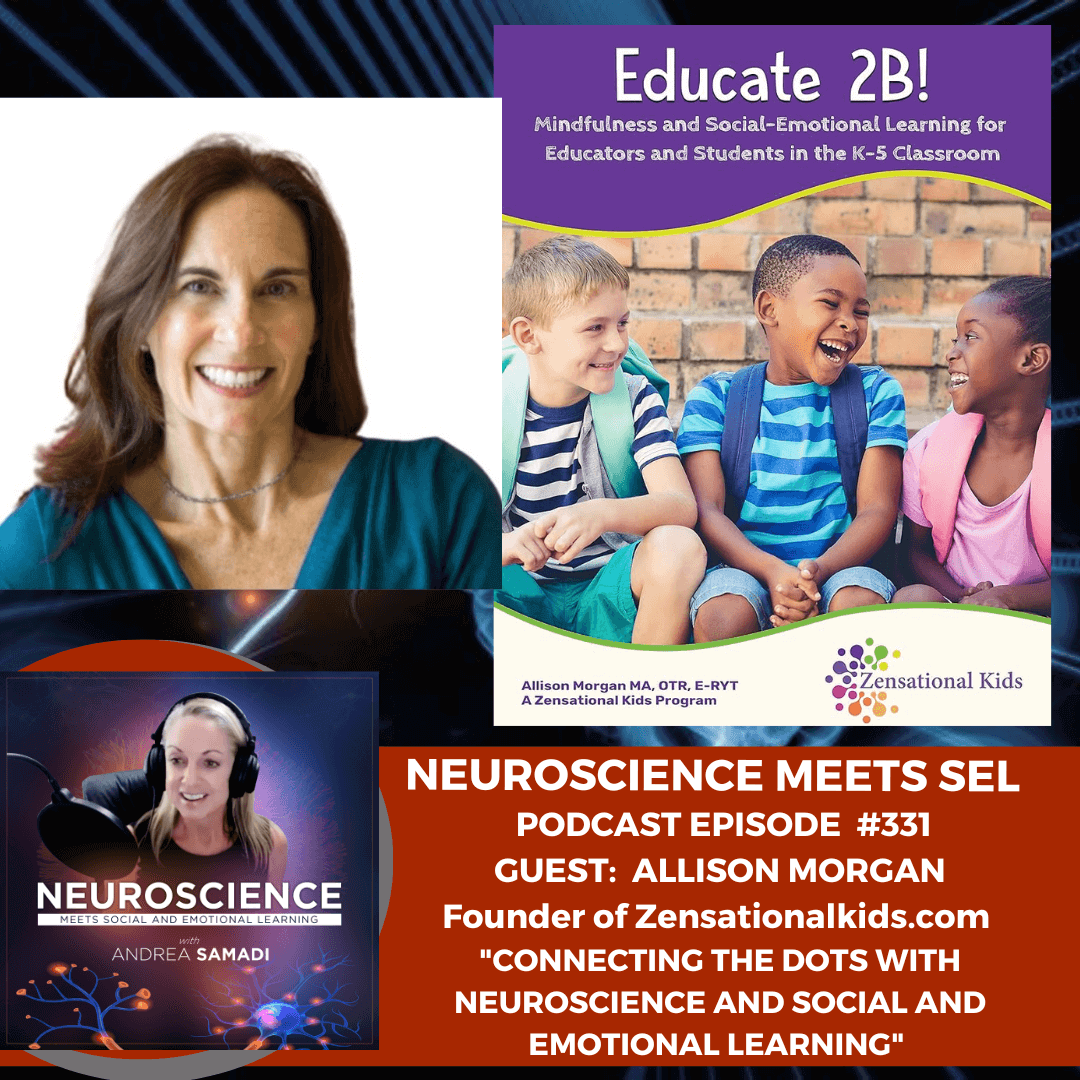
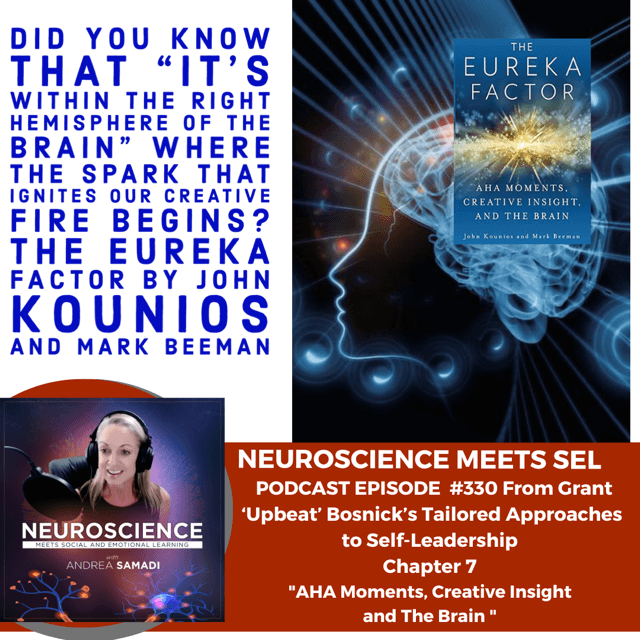

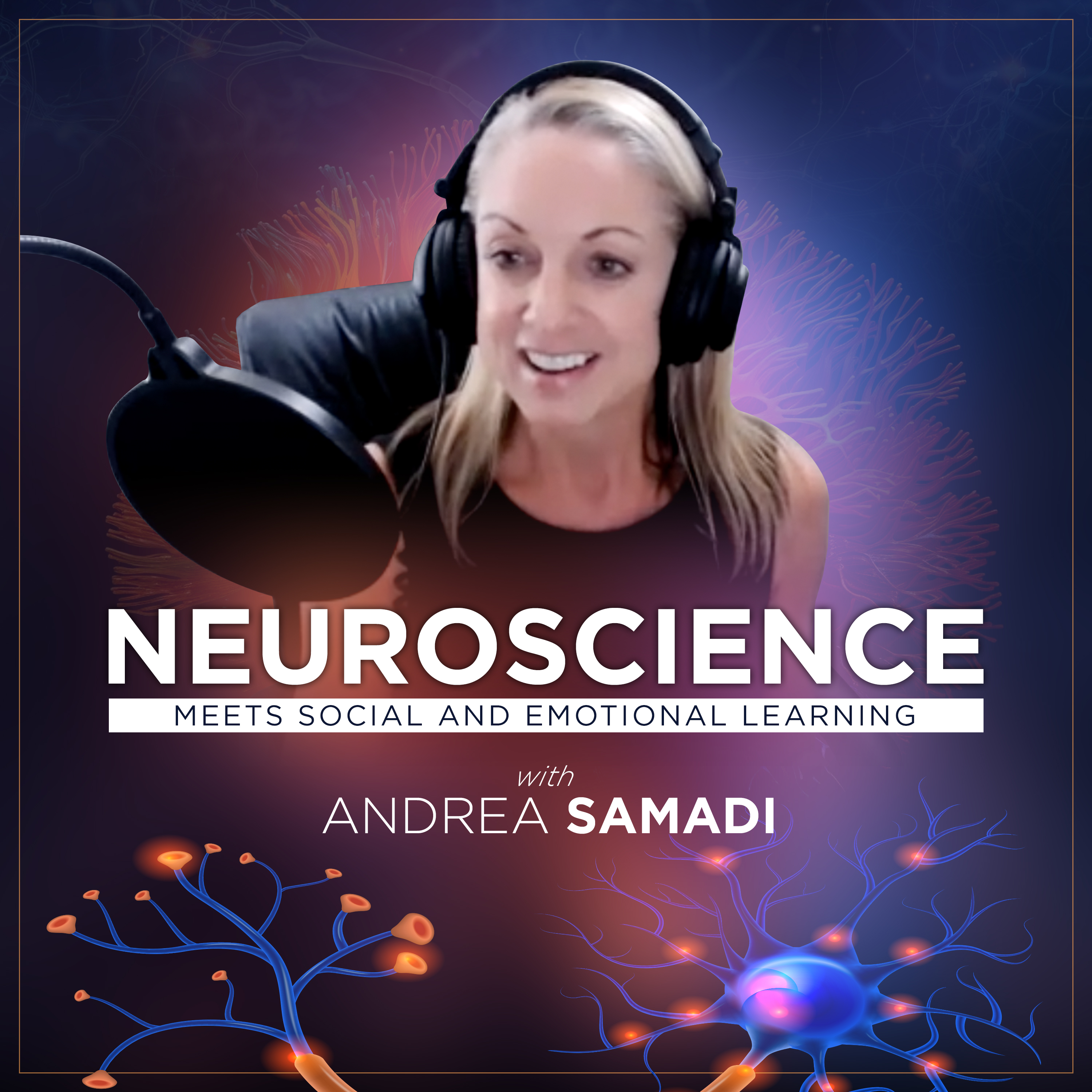

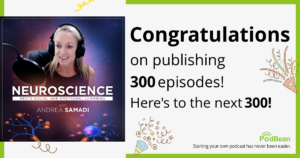

You’re so cool! I don’t suppose I’ve truly read a single thing like that before.
So great to find someone with a few unique thoughts on this subject.
Really.. many thanks for starting this up. This website is something that is required on the web, someone with
a little originality!